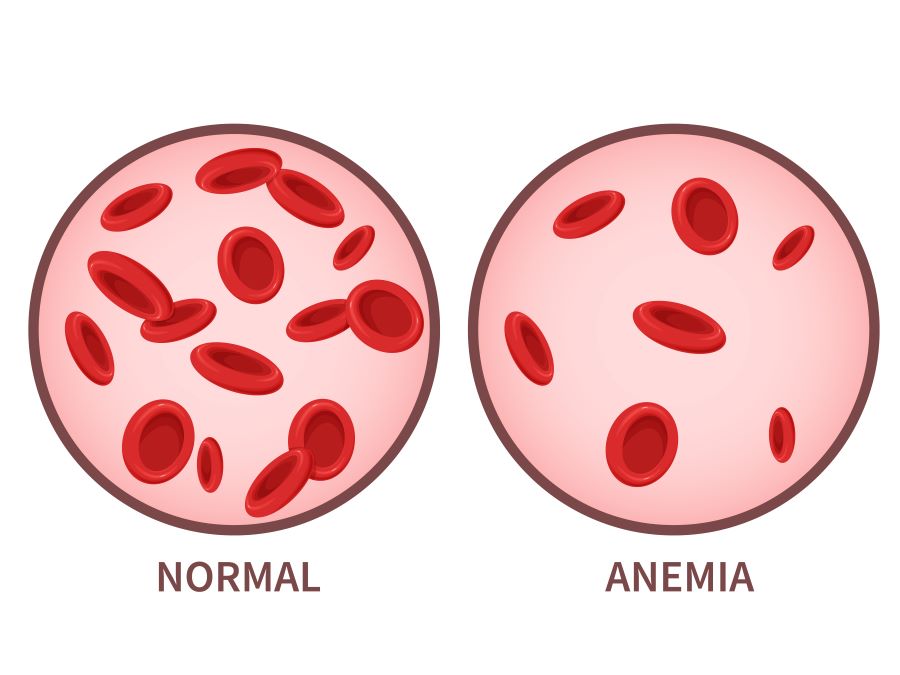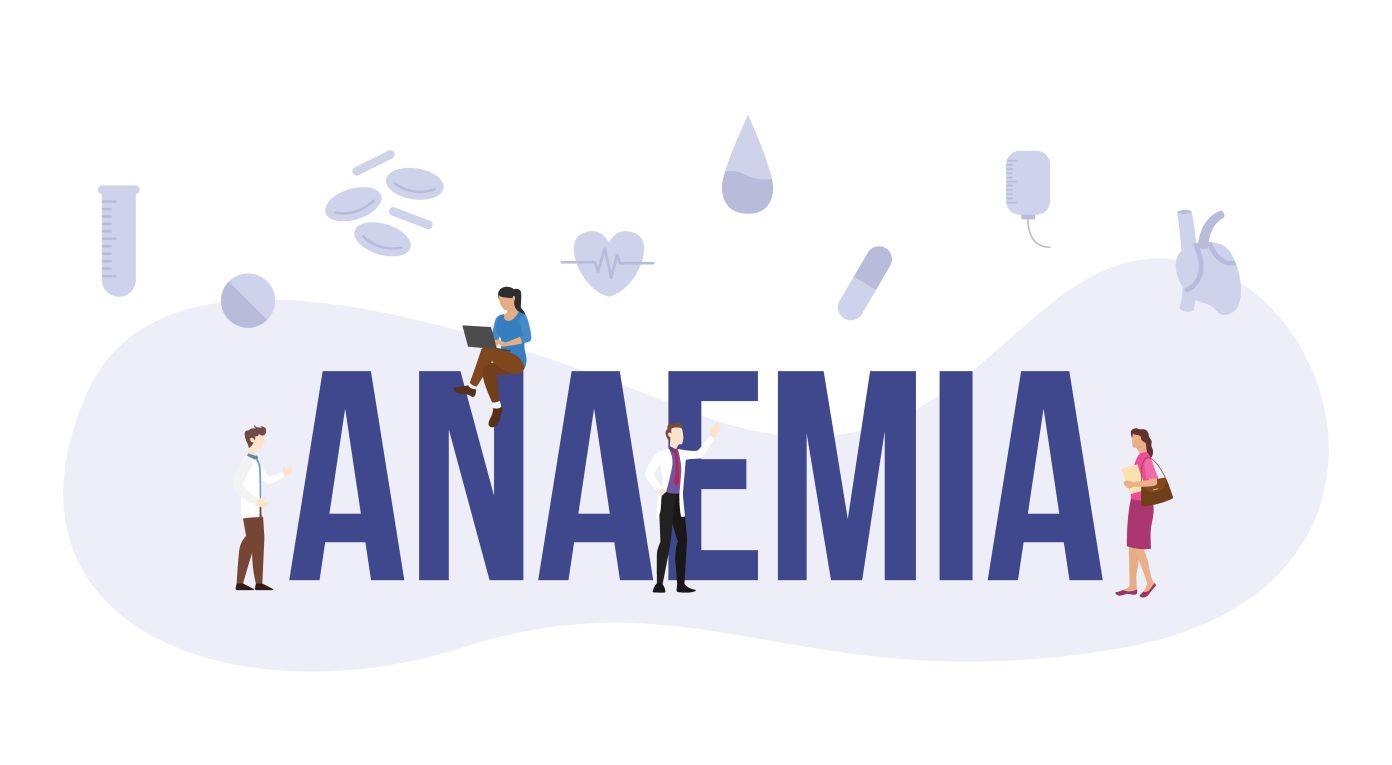Anaemia is a common medical condition that affects millions of people globally. It occurs when the body lacks enough healthy red blood cells to carry adequate oxygen to tissues, leading to symptoms like fatigue and weakness. While many are familiar with the basic facts about anaemia, several intriguing details remain lesser known. Here, we delve into 10 surprising and lesser-known facts about anaemia.
1. Anemia Is Not a Single Disease
Anaemia is often thought of as a single condition, but it is actually a group of disorders. There are over 400 types of anaemia, classified into three main categories:
- Blood loss anaemia (e.g., due to trauma, surgery, or heavy menstruation)
- Decreased or faulty red blood cell production (e.g., iron deficiency anaemia, vitamin B12 deficiency anaemia.)
- Increased destruction of red blood cells (e.g., hemolytic anaemia)
Each type has its own causes, symptoms, and treatments, making anaemia a diverse and complex condition.
2. It’s the Most Common Blood Disorder Worldwide
According to the World Health Organization (WHO), anaemia affects nearly 1.62 billion people globally or about 24.8% of the world population. Iron deficiency anaemia is the most prevalent type, particularly in developing countries. It’s especially common among women of childbearing age, children, and the elderly.
3. Anemia Can Be Symptomless in Its Early Stages
Many people with anaemia may not notice any symptoms, especially if the condition develops slowly. Mild anaemia might go undetected until it becomes severe. Common early signs like fatigue, pale skin, or cold extremities can be mistaken for general tiredness or stress, leading to delayed diagnosis.
4. Men Can Have Anemia Too
Anaemia is often associated with women due to menstruation and pregnancy-related iron loss, but men can also develop anaemia. In men, it’s usually linked to chronic illnesses, gastrointestinal bleeding, or poor dietary intake. When anaemia occurs in men, it may indicate an underlying condition like colon cancer or kidney disease that requires further investigation.
5. Anemia Can Be a Warning Sign of Other Health Problems
Sometimes, anaemia is not the primary issue but rather a symptom of a more serious underlying health condition. For example:
- Chronic diseases like kidney failure or rheumatoid arthritis can cause anaemia.
- Vitamin deficiencies, such as low levels of B12 or folate, may result in specific forms of anaemia.
- Cancers, particularly those affecting the bone marrow (e.g., leukaemia), can lead to anaemia by interfering with red blood cell production.
If anaemia is detected, doctors often recommend further testing to uncover any hidden causes.
6. Iron Supplements Are Not Always the Solution
While iron deficiency anaemia is common, not all anaemia cases require iron supplements. In fact, unnecessary iron supplementation can lead to complications, such as iron overload or gastrointestinal discomfort. Therefore, proper diagnosis is required to determine the right treatment.
7. Anemia Can Affect Cognitive and Physical Performance
Anaemia doesn’t just cause fatigue; it can also impact brain function and physical abilities. Low levels of oxygen-carrying haemoglobin can reduce mental clarity, concentration, and memory. In severe cases, anaemia can lead to developmental delays in children and lower work productivity in adults. Athletes with anaemia may experience reduced endurance and performance due to inadequate oxygen supply to muscles.
8. Pregnant Women Are at High Risk
Pregnancy significantly increases the risk of anaemia because the body requires more iron and folate to support the growing baby. Anaemia during pregnancy is associated with complications like preterm delivery, low birth weight, and postpartum depression. The WHO estimates that nearly 40% of pregnant women worldwide are anemic, emphasizing the need for routine prenatal screenings and supplementation.
9. Anemia Is Linked to Restless Legs Syndrome
Restless Legs Syndrome (RLS), a condition characterized by an uncontrollable urge to move the legs, is closely associated with anaemia, particularly iron deficiency anaemia. Iron plays a crucial role in producing dopamine, a neurotransmitter that affects muscle movement. Treating the underlying anaemia often alleviates RLS symptoms.
10. Diet Alone May Not Prevent Anemia
While a balanced diet rich in iron, vitamin B12, and folate can help prevent anaemia, dietary changes alone may not suffice for everyone. Certain conditions, such as celiac disease or Crohn’s disease, impair nutrient absorption, making it difficult for individuals to get enough iron or vitamins from food alone. In these cases, medical intervention, such as supplements or injections, may be necessary.


